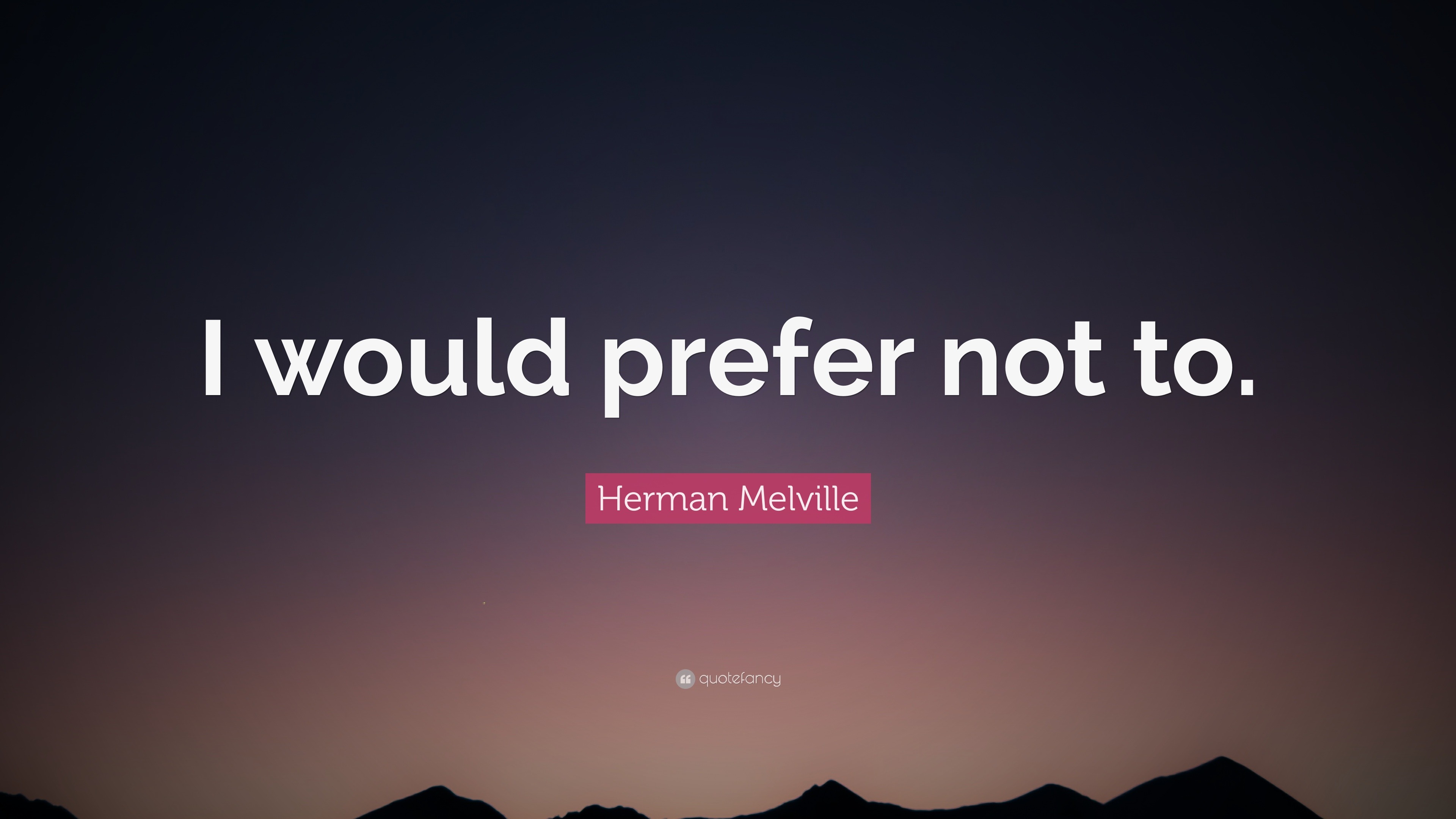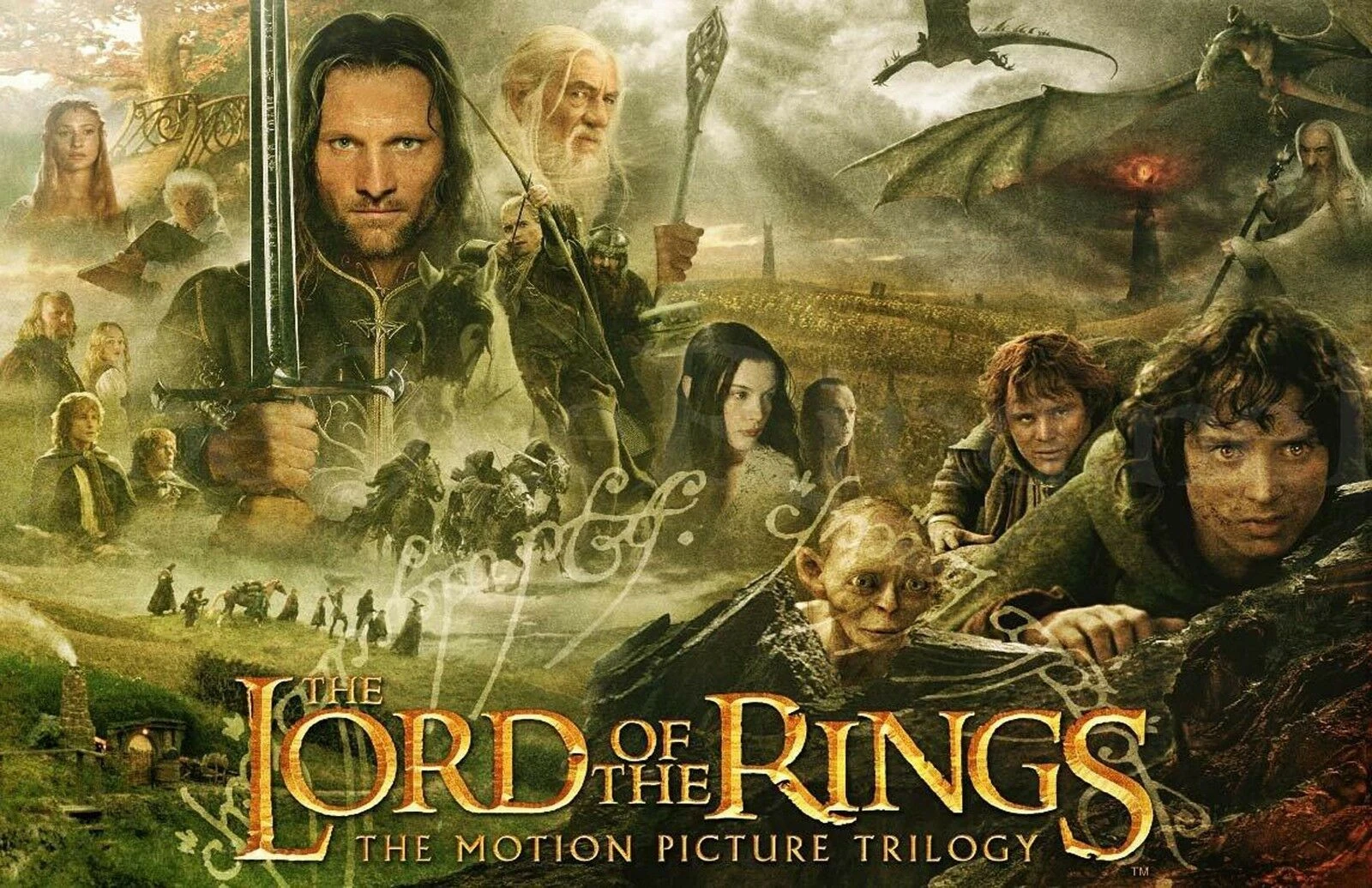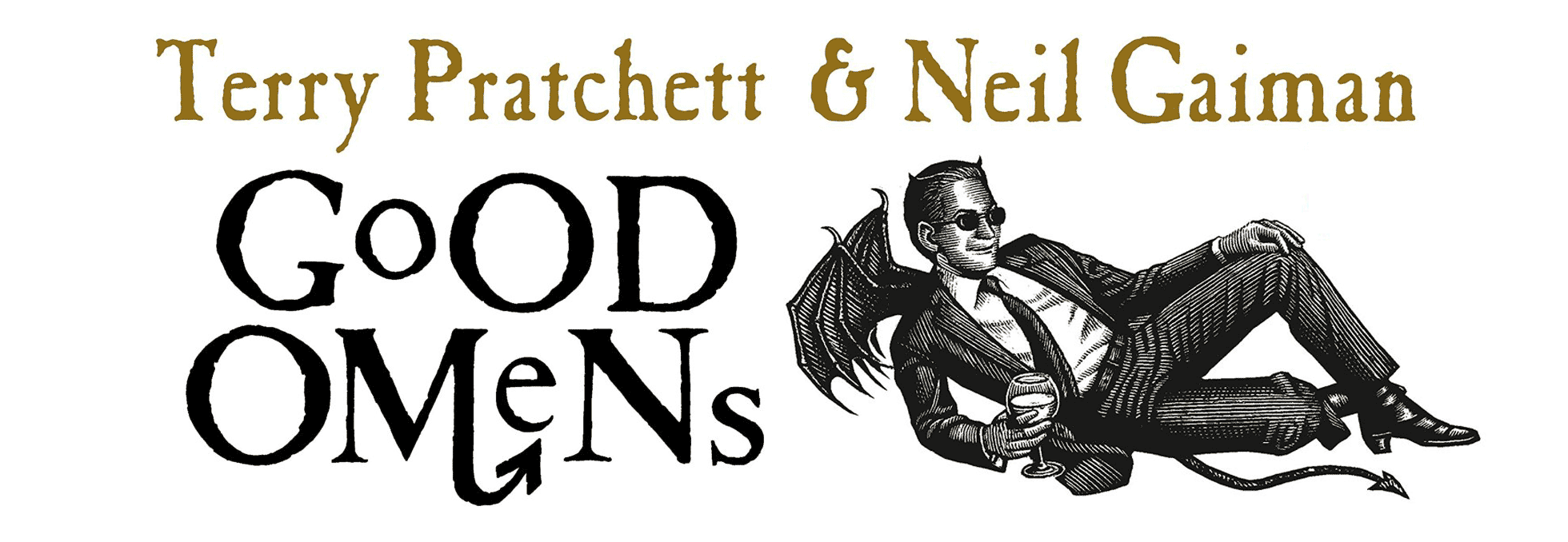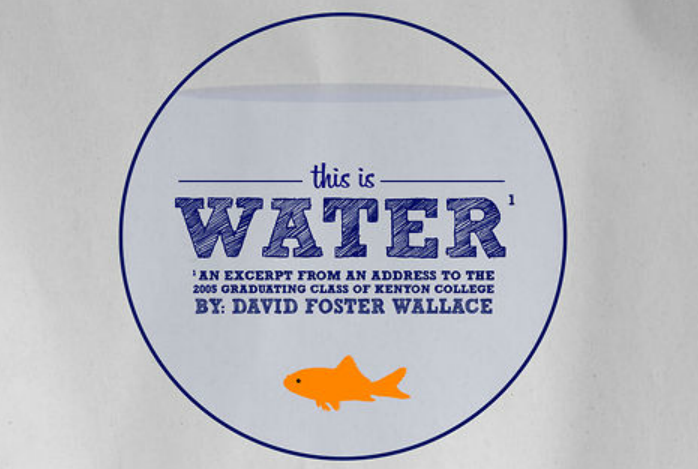That's where I come in. If you ever want to sound well-read without actually having to read every single book, this is your pretty darn near perfect crash course in literature. You ready? Let's go!
Othello by William Shakespeare
First comes Shakespeare. Of course. You can't call yourself anywhere near well-read if you've never read Shakespeare or at least seen a faithfully adapted film. Of course everyone gets references to Romeo and Juliet, that doesn't help your status. Othello, on the other hand, is frequently referenced but not as widely read. So brush up on Iago and the Moor, and start impressing people with your knowledge of Shakespeare's plays.
For bonus points, start looking at people like this. (source)
Alternative: Watch The Hollow Crown. All of it. I mean, how can you go wrong with Tom Hiddleston, Benedict Cumberbatch, and Jeremy Irons?
Northanger Abbey by Jane Austen
Northanger Abbey is the shortest of Austen's novels. You're welcome. But it goes deeper than that: if people know you've read Northanger Abbey, they'll assume you've read Pride and Prejudice and also probably Sense and Sensibility or Emma. No one just reads Northanger Abbey. Except you!
And then watch the movie. How can you go wrong with these nerds? (source)
Alternative: Actually read Pride and Prejudice, Sense and Sensibility, and Emma.
Wuthering Heights by Emily Brontë
or Jane Eyre by Charlotte Brontë
While we're on a great literary women kick, obviously the Brontës are on this list. You don't necessarily have to read both (though you should); one will do the trick to make you sound knowledgeable. Why isn't Anne Brontë on this list? Well, if you read The Tenant of Wildfell Hall without having read the other two, people would most likely just cock their heads and ask, "Why?" At which point you'd have to reveal that you read this list and you're not actually that well-read.
How could you resist these faces? (source)
Alternative: Read all the Brontës. Or at least the Sparknotes.
"Bartleby, the Scrivener" by Herman Melville
You can get away without reading Moby Dick. Let's be real. It's a really long and kind of arduous book. Luckily, Melville also wrote a bunch of kickass short stories and short novels that aren't nearly as long and arduous. My personal favorite is "Bartleby, the Scrivener." It is also, I believe, the most commonly referenced of Melville's shorter works.
(source)
Alternative: Any of his other short stories or short novels. Google it.
"A Girl I Knew" by J.D. Salinger
Similarly, you can also get away without reading The Catcher in the Rye. Holden Caulfield is whiny and annoying. Salinger's short stories, in my opinion, are much, much better. If you can find it, "A Girl I Knew" is my favorite of his. It's also where this quote comes from:She wasn’t doing a thing that I could see, except standing there leaning on the balcony railing, holding the universe together.
This beautiful piece of poignant prose. Seriously Salinger, why'd you give us Holden?

Why? (source)
Alternative: Any of his other short stories. Nine Stories is a great collection that you can find at most secondhand bookstores.

Alternative: There aren't any. Just read it.

Alternatives: A Wrinkle in Time by Madeleine L'Engle. The Lion, the Witch, and the Wardrobe by C.S. Lewis. Dune by Frank Herbert. One of the great classic fantasies.

Alternatives: Why would you want one? This book is freaking amazing.

Alternative: Read Infinite Jest, I guess? I dunno. That book is like a bajillion pages.
Go to www.poetryfoundation.org. Look up these poets. Read three or four of their poems, and not just their immediately famous ones. Pick a few other poets. Read poems by them, too, and remember their names. Casually bring them up in conversation.
Congratulations! If you've made it this far, and you've decided to read everything I told you to, you are well on your way to not only sounding convincingly well-read, but actually being well-read. And, if you've already read all, or most, or even just one of the things on this list, I give you a round of applause. Reading is dope, man.
The Great Gatsby by F. Scott Fitzgerald
One you can't get away without reading, however, is The Great Gatsby. Believe me, I tried. I don't actually like this book. But it's one of the most popular classics and everyone knows about it. Gatsby and Daisy. East Egg, West Egg. Boats beating against the current. Etc. Etc. Once you finish it, you can reward yourself with watching Leo DiCaprio. And ice cream. Because why not.
Like this. But with you. (source)
Alternative: There aren't any. Just read it.
The Hobbit by J.R.R. Tolkien
The Hobbit is more or less the quintessential fantasy book. And Tolkien is who all the great fantasy writers of today are compared to. And for good reason. His worlds are rich, his characters are honorable and yet still interesting, and his prose is fantastic. Hopefully, once you've read The Hobbit, you'll want to read the entire Lord of the Rings. But that's a big undertaking. I get it.
Heck, even a movie marathon is a big undertaking. (source)
Alternatives: A Wrinkle in Time by Madeleine L'Engle. The Lion, the Witch, and the Wardrobe by C.S. Lewis. Dune by Frank Herbert. One of the great classic fantasies.
Good Omens by Terry Pratchett and Neil Gaiman
Terry Pratchett and Neil Gaiman are both big names in fantasy today. Even those who despise fantasy usually know their names. So knock out two birds with one stone! You've read the classic fantasy, now read a modern fantasy. At this point in the list, you'll be able to converse with both classic lit nerds and fantasy fanatics. One more section to hit, and you'll be able to convincingly fake your way through being incredibly well-read.
So good. (source)
Alternatives: Why would you want one? This book is freaking amazing.
"This Is Water" by David Foster Wallace
"This Is Water" is a speech David Foster Wallace gave at a graduation. Not only is he well-known with pretentious literary people, this essay is just genuinely good information to be reminded of. If you read nothing else on this list, read this. It's eight pages, and you can find it here.
(source)
Alternative: Read Infinite Jest, I guess? I dunno. That book is like a bajillion pages.
Bonus: Poets
Emily Dickinson, Charles Bukowski, Rainer Maria Rilke,
Allen Ginsberg, Billy Collins, Maya Angelou, e.e. cummings
Go to www.poetryfoundation.org. Look up these poets. Read three or four of their poems, and not just their immediately famous ones. Pick a few other poets. Read poems by them, too, and remember their names. Casually bring them up in conversation.Congratulations! If you've made it this far, and you've decided to read everything I told you to, you are well on your way to not only sounding convincingly well-read, but actually being well-read. And, if you've already read all, or most, or even just one of the things on this list, I give you a round of applause. Reading is dope, man.



0 comments:
Post a Comment